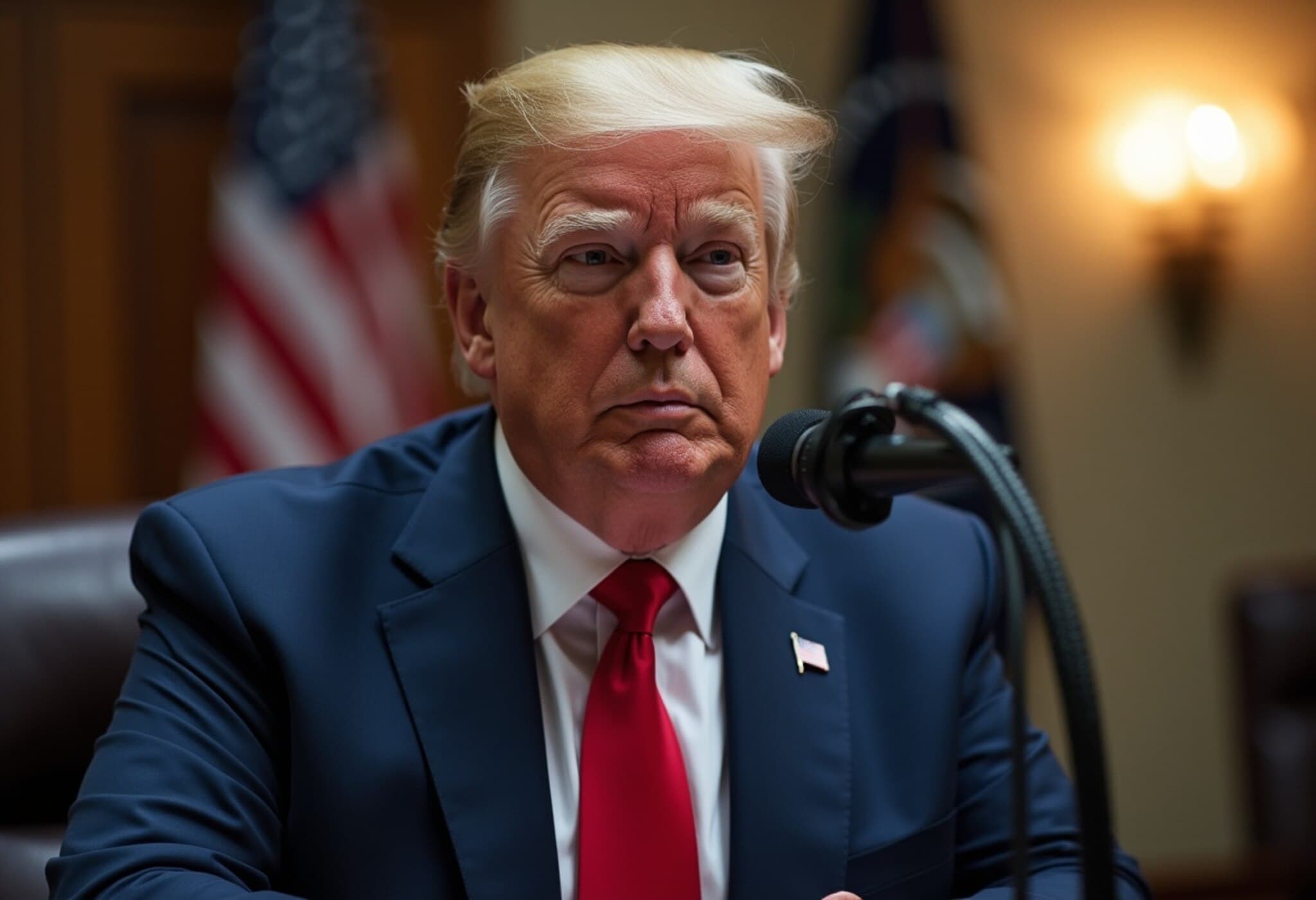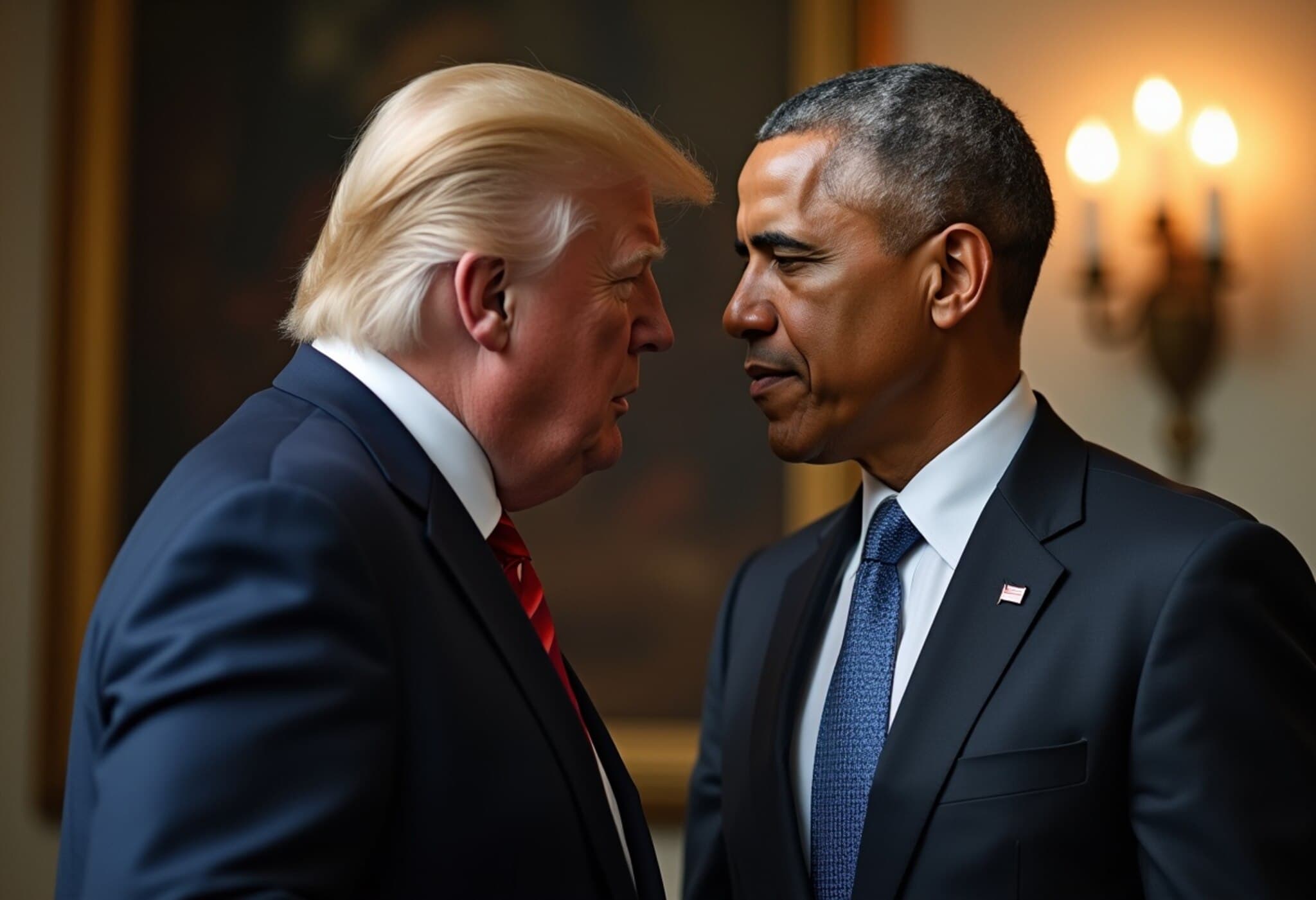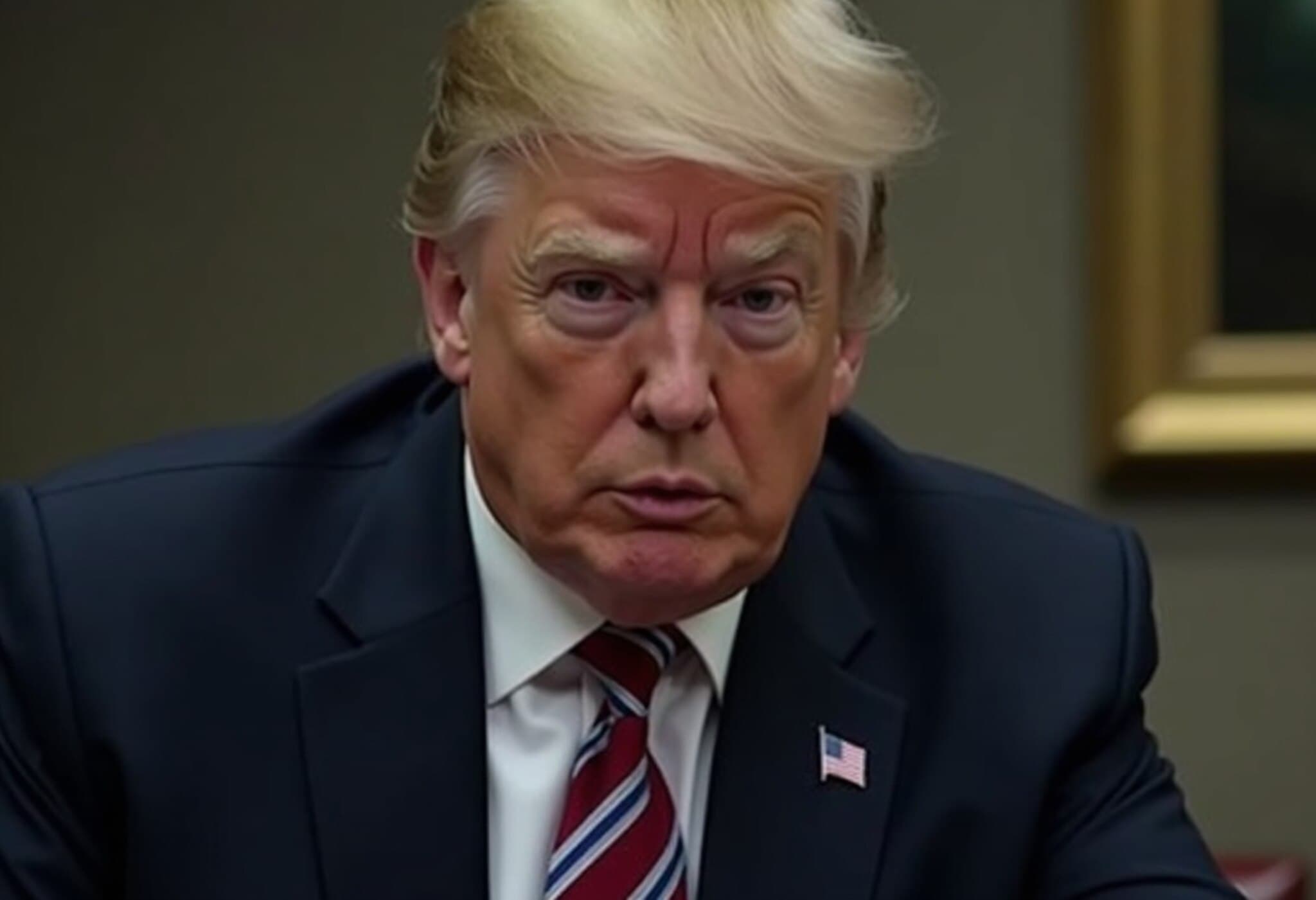Texas Democrats Leave State to Halt GOP Redistricting Efforts
In a dramatic political maneuver on Sunday, 51 Democratic lawmakers from Texas fled the state, heading to Chicago, in a bid to prevent a vote on the Republicans’ new congressional district map—a plan strongly supported by former President Donald Trump. This walkout effectively denied the 150-member Texas House the necessary two-thirds quorum required to hold the vote, stalling the redistricting process ahead of the crucial 2026 midterm elections.
What’s at Stake: The Fight Over Texas’ Boundaries
The Republicans, now controlling the Texas state legislature, unveiled a redistricting plan that critics argue is designed to protect the party’s slim majority in the U.S. House of Representatives by redefining district lines. The move could potentially eliminate as many as five Democratic seats, significantly impacting the political landscape not only in Texas but also on the national stage.
Democrats’ strategy: By leaving the state, they prevent the legislature from reaching a quorum, effectively blocking any vote on the map during the special session called by Governor Greg Abbott.
The High-Stakes Political Chess Match
Gene Wu, Texas state legislator and chairman of the Democratic caucus, framed the walkout as a protest against what he called a "rigged system refusing to listen to the people we represent." This sentiment highlights the deep mistrust and polarization surrounding redistricting efforts nationwide, where accusations of gerrymandering — manipulating district boundaries for partisan gain — remain rampant.
In a starkly different tone, Texas Attorney General Ken Paxton demanded swift action against the dissenters, urging they be “found, arrested, and brought back to the Capitol immediately.” His comments underscore the intensifying tension and raise questions about the appropriate response to such legislative boycotts in democratic institutions.
Legal and Political Context
- Quorum requirement: Texas House rules stipulate that two-thirds of members must be present to conduct business, giving minorities strategic leverage.
- Gerrymandering allegations: Democrats accuse Republicans of racial and political gerrymandering, violating constitutional principles.
- Republican defense: GOP leaders argue the new maps correct unconstitutional and racially biased district lines from previous maps.
This dispute reflects a broader national conversation about voting rights, representation, and the politicization of electoral boundaries. The implications extend beyond Texas, touching on the balance of power in Congress and the legitimacy of electoral mechanisms.
Expert Insight: The American Democratic Dilemma
From an expert policy perspective, this Texas standoff is emblematic of growing frustrations on both sides of the aisle with the redistricting process nationally. While legislative walkouts are rare and controversial, they underscore the limited options minority parties have in states where the majority controls legislative agendas tightly.
Moreover, the criminalization of such political protests, as advocated by Paxton, prompts crucial debates about democratic norms, freedom of dissent, and the boundaries of political conflict. For policymakers and voters alike, this event raises vital questions about how electoral fairness is safeguarded in deeply divided states.
Looking Ahead: What This Means for 2026 and Beyond
The redistricting battle in Texas is far from over. As Democrats vow to remain out of the state until the session ends, the Republican majority faces pressure to find alternate ways to pass the map or risk delaying crucial legislative business.
With midterm elections on the horizon, the outcome will influence not only Texas's congressional delegation but also the composition and control of the U.S. House of Representatives. It remains to be seen whether the courts will intervene or if negotiations will break the current deadlock.
Key Questions Left Unanswered
- Will legal challenges against Texas’ redistricting maps uphold or overturn the Republican plan?
- How will Governor Abbott and Texas Republicans respond if the Democrats continue their absence?
- What precedent does arresting lawmakers for absence set for American democracy?
These questions spotlight the fragile state of state-level democracy and its ripple effect on national politics.
This extraordinary episode in Texas politics is a vivid reminder of the contentious interplay between power, representation, and democratic norms in America. As both parties navigate high stakes ahead of 2026, voters nationwide should pay close attention to how redistricting battles will redefine political participation and authority for years to come. The Texas walkout also challenges legal frameworks around dissent and quorum that could shape future legislative strategies across the country.















